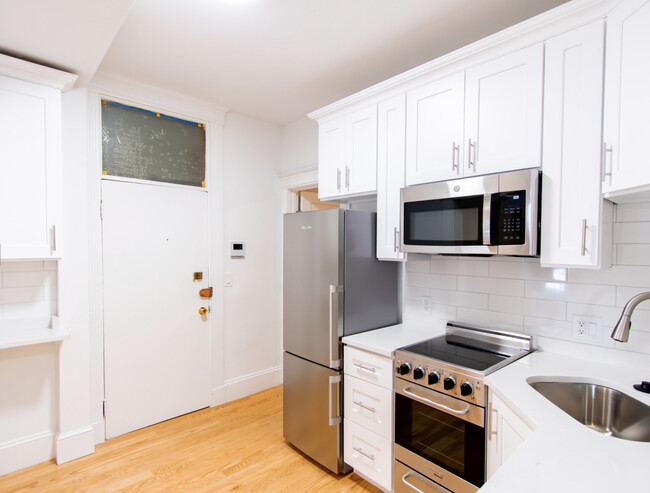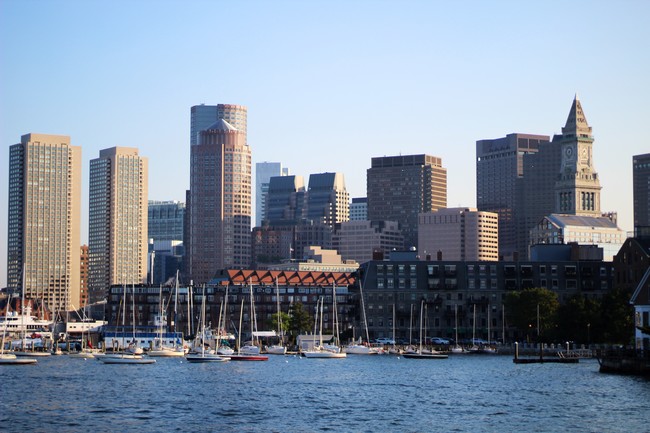
Apartments near Boston African American National Historic Site in Boston, MA (5,656 Rentals)


1661 Washington St

95 Park Dr

Metro Rentals, LLC

Total Monthly Price
2 Louisburg Square

The Fenway Apartments

Total Monthly Price
One Greenway

The Colonnade Residences

The Charlestown - Senior Residences 62+

35 @ EightSixty

Total Monthly Price
22 Henchman St, Unit 2

Total Monthly Price
349 Sumner St, Unit 349 Sumner Street

Total Monthly Price
237 Northampton St, Unit 237 Northhampton Street

Total Monthly Price
616 Columbus Ave, Unit 4

Total Monthly Price
71 Gainsborough St, Unit 201

Total Monthly Price
105 Hammond St, Unit 3A

Total Monthly Price
78 Hammond St, Unit 9A

Total Monthly Price
712 Shawmut Ave, Unit 3A

Total Monthly Price
1430 Tremont St, Unit 1430 Tremont Street

Total Monthly Price
15 Sewall St, Unit 3A

Total Monthly Price
8 Burney St, Unit 4C

Total Monthly Price
44 Delle Ave, Unit 2A

Total Monthly Price
52 Delle Ave, Unit 1

Total Monthly Price
2 Alleghany St, Unit 1

Total Monthly Price
37 Hillside St, Unit 1

Total Monthly Price
37 Hillside St, Unit 1B

Total Monthly Price
68 Myrtle St, Unit 1

Total Monthly Price
19 Charter St, Unit 3

Total Monthly Price
25 Hanover Ave, Unit 4

Total Monthly Price
240 Marlborough St, Unit 4

Total Monthly Price
147 Appleton St, Unit 2

Total Monthly Price
337 Beacon St, Unit 1R

Total Monthly Price
48 W Broadway, Unit #307

Total Monthly Price
36 High St, Unit B2

Total Monthly Price
169 W Broadway, Unit 302

Total Monthly Price
2 W 6th St, Unit 105

Total Monthly Price
17 Cumberland St, Unit B

Total Monthly Price
46 West Newton St, Unit 12

Total Monthly Price
34 East Newton St, Unit 3

Total Monthly Price
100 E Brookline St, Unit 2

Total Monthly Price
349 Sumner St

Total Monthly Price
78 W Concord St, Unit 2

Total Monthly Price
35 Chelsea St

Total Monthly Price
15 Auburn St, Unit #1R

Total Monthly Price
296 W 3rd St, Unit U1

Total Monthly Price
111 W 8th St, Unit C

Total Monthly Price
78 Hammond St, Unit 9

Total Monthly Price
541 E Broadway, Unit 4

Total Monthly Price
512 E 3rd St, Unit 1

Total Monthly Price
17 Vinton St, Unit 3
Boston, MA Local Guide

Browse Top Apartments in Boston
Explore Boston
The abolition of slavery was a cause that many Americans fought for in the Boston area. A historic site on the north face of Beacon Hill in Boston is the location of nearly two dozen pre-civil war black-owned structures where leaders in businesses, schools and churches fought with strength the inequalities of slavery. A great look into history can be found by residents of Boston Apartments at this National Park Service location. The Abel Smith School is the site of the original African School built around 1834, and was one of the first buildings designed by noted architect Richart Upjohn. This spot houses the National Park Service visitor area, with history displayed in photos, art and writings. In the early 1800s, African Americans requested their own schooling, since they were paying taxes and there were no schools for black children, thus, the school was built. Later, integration closed the school. The school museum is open Monday through Saturday, 10 am to 4 pm. The African Meeting House, an impressive building viewed from the street is the first African American Baptist church created north of the Mason Dixon Line in 1806. Prominent black Bostonians and other Boston area Baptist churches raised the funds to build this church. It was sold to a Jewish Congregation in 1904, acquired by the Museum of African American History in 1972 and is a National Historic Monument. A notable monument at the site prominently recognizes the efforts of Robert Gould Shaw, who led the first African American military regiment during the Civil War, the Massachusetts 54th Voluntary Infantry. While blacks had fought during in the War of 1812 and the Revolutionary War, Lincoln's Emancipation Proclamation allowed African Americans to organize their own regiments. A beautiful bronze relief memorial depicting the departure of the regiment from Boston was created by Augustus Saint-Gaudens and unveiled in 1897 after 14 years in the making, with great detail.
Frequently Asked Questions about Boston
How much are Studio apartments in Boston?
There are currently 3,926 Studio Apartments in Boston with rent ranges from $1,100 to $9,800 with an average price of $2,620.
What is the current price range for One Bedroom Boston Apartments for rent?
Today's rental pricing for One Bedroom Apartments in Boston ranges from $800 to $17,687 with an average monthly rent of $2,946.
What does renting a Two Bedroom Apartment in Boston cost?
The monthly rent prices of Two Bedroom Apartments currently available in Boston range from $375 to $25,069. Today's average rental price for Two Bedrooms here is $3,573.
How expensive are Boston Three Bedroom Apartments?
There are currently 3,869 Three Bedroom Apartments listings available in Boston on ApartmentHomeLiving.com. The pricing ranges from $950 to $20,649 - averaging $4,169 for the location.
Expert Rental Resources
Helpful Apartment Articles, How-To's and Tips
The rental experts at ApartmentHomeLiving.com provide you with top advice, tools, and tips for understanding the leasing process and finding the perfect rental. Here are a few helpful rental and leasing articles from our experts to guide you on your search.

The 10 Best Affordable Neighborhoods in Boston, MA
Written by: Amelia Ramstead
Boston is known for its exciting combination of early American history and modern high-tech universities and employers.

Apartment Common Area Rules: What Renters Need to Know
Written by: Christine Leonard, Esq.
Back in the day when I rented one of my first apartments, the property didn’t even have laundry in the building. Now, rental properties are often competing against each other to provide the best amenities.

How to Negotiate Your Apartment Lease and Save Money
Written by: Christine Leonard, Esq.
Everything is a negotiation in real estate!

The Rental Move-In Inspection Checklist: A Guide for Renters
Written by: Trey Huguley
The move-in inspection checklist is a crucial tool for both tenants and landlords. This checklist, provided by the team at ApartmentHomeLiving.com, helps document the condition of an apartment at the time of move-in.